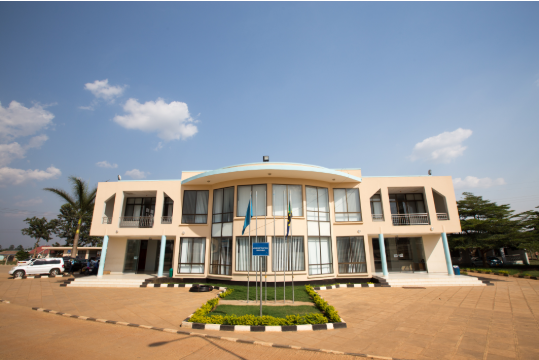To most people, a One Stop Border Post (OSBP) at one of East Africa’s border crossing points is simply a building where papers are processed. TradeMark Africa (TMA) has worked to establish and improve systems at 13 OSBPs across East Africa to ensure that they are much more. To the frequent border users,these infrastructures are more than just brick and mortar. OSBPs represent safety, ease of doing business and time and cost savings. Truck drivers, importers and exporters, clearing and forwarding agents and cross-border traders are among the many people whose livelihoods are affected by border crossing processes. Unfortunately for them, border posts in Tanzania and other East African countries have traditionally lacked the efficiency to ease the burden on trade to the thousands of their users resulting in high transactional costs and delays. Part of the problem was infrastructural, the other human. The old border outposts lacked important facilities such as reliable power, internet, avenues for efficient information sharing among border authorities, and enough space for day-to-day activities. This resulted in a back log of clearance and hence congestion. Inspection sheds were too small and could only accommodate one or two trucks at a go with tens and in some cases, hundreds of others waiting in queue. Traders had to undertake multiple paperwork processes, physically moving from one office to the next, often many metres apart. In many cases, drivers endured weeks of clearance time, partly due to only daytime processing hours. Nowadays, several processes are undertaken on a 24-hour...
One Stop Border Posts: Transforming Trade And Lives
Posted on: November 25, 2019
Posted on: November 25, 2019
















